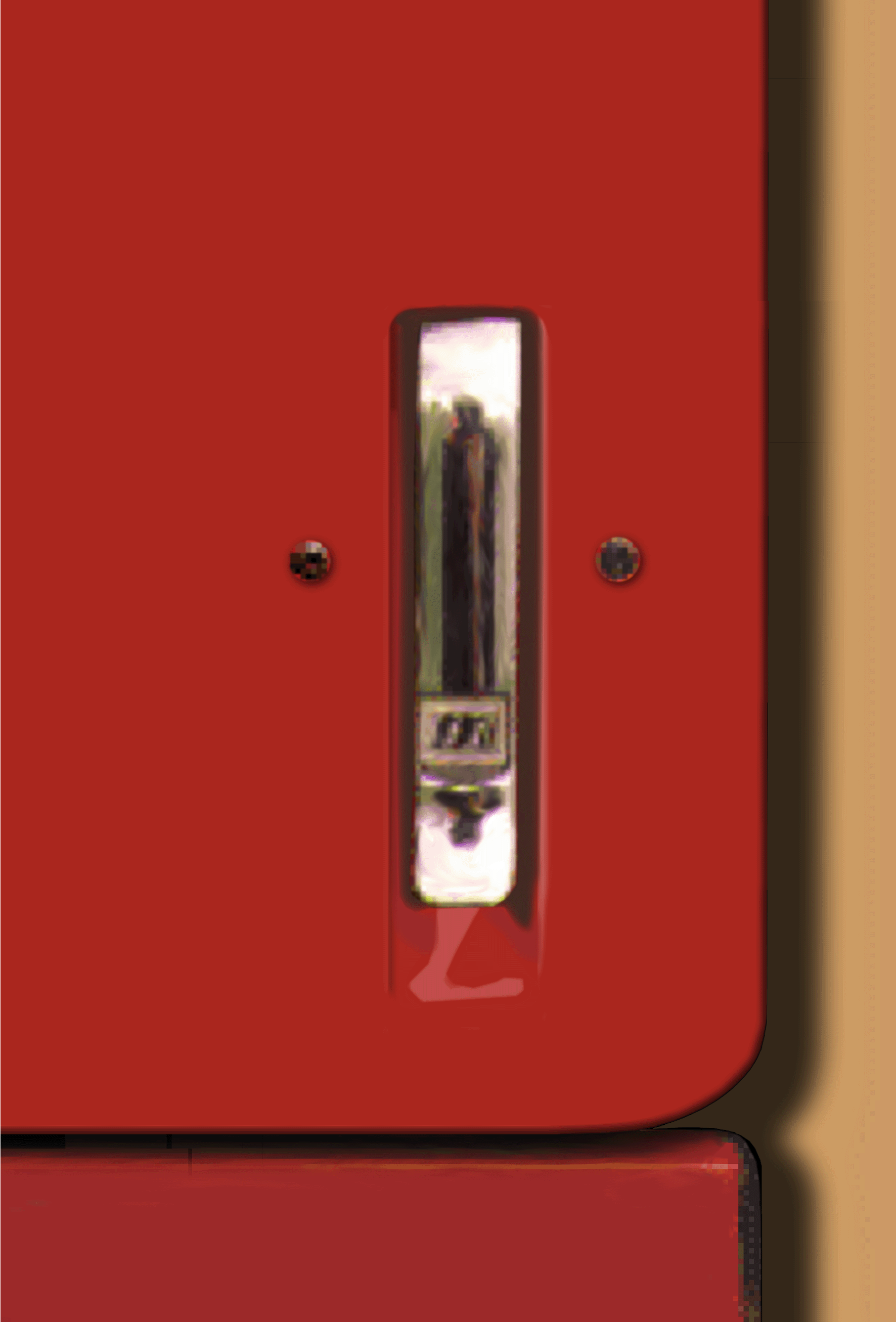FAQ's about SPITFIRES
Frequently asked questions and the equally frequent replies of "old hands to newcomers"
Club Presentation / To join the ClubPlease bear in mind that this FAQ was written for French amateurs, so replies might have been different in your particular area !
|
Q : How much does a Spitfire cost? R : For a number of reasons, certain people prefer the older (and more rare) models while others like the more recent versions. The bottom line is that all Spitfire models cost about the same. You can buy a superb car in excellent mechanical and bodily condition for about 45000 French Francs. The cost of Heralds and GT6 models are somewhat lower - even though they are considered by a minority of people as 'more interesting.' Currently, the requirement for vehicle testing does not work to the advantage of older cars and it is cetainly easier to buy than to sell... |
|
Q : What is it's fuel consumption? R : An engine in good condition and properly adjusted should return an average fuel consumption in the region of 7 to 8 litres per 100 kms (35-40 miles per IMPERIAL gallon) |
|
Q : Can I use a Spitfire for daily transport? R : Not an easy reply. It depends more on you than on your car. Perhaps it's better to say that very few people today use their Spitfires on a daily basis - but there are some rare exceptions, happily proving it can be done! Mostly, these people have had their cars for a long time and rather than undertake an 'A to Z' restoration, they work on their cars on a regular basis. The following comments are commonplace: "I was worried at the outset but after having restored it bit by bit, now I've got a reliable car... "I always give it time to warm up before accelerating... "A car is made to be driven. Those who think a Spitfire isn't reliable are victims of 'cowboys.'" Our attitude towards these cars has changed since the 'sixties. Their status as a 'classic car' implies they are risky but in their day, no-one questioned their reliability before going off in one on holiday. Mainly, they have suffered because of inadequate servicing in the past which in itself is a possible underestimation of their true worth. These cars were not expensive when new (the price of a Renault 5 in 1980) and were even cheaper as used vehicles. Their value today remains stable on the 'classic car' market, though it should be remembered the cost of a full professional restoration may soon exceed the actual price of the car. That said, a carefully restored Spitfire that is subsequently serviced with care and consideration is reliable. What's more, none of the people who bought Spitfires as new vehicles, complained of a lack of reliability. |
|
Q : Isn't it cold inside in winter? R : Not at all! The heating, demisting and windscreen wipers all work well. |
|
Q : Where can I find a Spitfire? R : The classified adverts of the many specialist magazines are the best places to start. Spitfires are not difficult to find if you are willing to travel to see one. However, finding the Spitfire of your dreams will inevitably mean you'll make a trip or two which will prove to be a waste of time. You can also take advantage of a free advert in the Amicale Spitfire Newsletter. |
|
Q : Where do you get replacement parts? R : The addresses of specialist suppliers are not difficult to find, either in France or England. In the Amicale Spitfire Newsletter, you'll find those suppliers who are most frequently used by enthusiastic owners. It's worth remembering though, that none of the suppliers can be expected to have all the parts for all the cars all of the time. Sometimes, you've got to be patient but we have the facility to effectively track down all the parts for our cars - and at quite reasonable prices, too. It's also in your interests to learn how to distinguish between genuine factory parts which have lain dormant in old stocks - and the remanufactured components of variable quality. |
|
Q : Which garage should I use to have my Spitfire serviced or restored? R : We receive more often letters from disgruntled people about replacement parts and suitable garages, than anything else! We don't have a list of garages as such. Remember though, it's not necessary to be a "specialist" to service a Spitfire because the mechanical assemblies are simple and basic. It's more important to find an individual who is 'motivated' to work on your car. A technician who is competent to service a modern car is certainly sufficiently skilled to work on your Spitfire, if he's interested in it. There are two caveats to this broad statement which must be remembered. The carburation system is very simple but the way in which it operates is totally different to the classic "Solex" carburettor of French vehicles. Some technicians might throw up their arms in horror when seeing SU carburettors for the first time. You should also remember the fasteners (nuts and bolts) are measured in inches, and this makes it essential to use english dimension spanners or wrenches. For these two reasons, there are sound arguments for choosing Rover or former British Leyland or former Triumph agents to look after your car. |
|
Q : Will a Spitfire run on unleaded fuel? R : Yes, there are several possibilities. Some people just put unleaded fuel in the tank and claim they have no problems in use. However, the professionals recommend valve seat modifications to the cylinder head, the addition of fuel additives or the fitting of a specific accessory within the fuel system itself. |
|
Q : What kind of services does the Club provide? R : Please do not forget this Club is an association rather than a business in its own right. We do not provide services per se for profit and the annual subscription is for membership, essentially for a group of like-minded people. We do however serve your interests. We organise meetings with other members, we can reply to most of your technical questions, we can provide you with copy documents which have not been re-edited ... etc. Our members receive a quarterly magazine plus a Newsletter between each magazine issue. |
|
Q : What about insurance? R : In response to requests from many of our members, Amicale Spitfire has negotiated, for French cars, a special "fleet vehicle" insurance arrangement with an insurer. This means you can take advantage of a very favourable insurance rate for your Triumph (providing you have a 'daily use' other vehicle). |
|
Q : Where can I find a technical manual? R.The reference books you'll need are the Workshop Manual ( originally printed by the factory for its dealer network) and the Parts Catalogue. They are available for each model. All the versions in English have been re-printed and are easy to obtain (for example from Bookspeed). The only manuals available in French are for the Spitfire MkIV and the 1500. Amicale Spitfire can provide its members with copies of non re-printed manuals. |
|
Q : Is the soft-top waterproof and does the heating work? R : Yes, the soft-top is waterproof but obviously with the proviso it is correctly fitted. Yes, the heating works very well too, as do the demisters to the windscreen. Rearward visibility can sometimes be a little impeded, especially if the transparent rear window panel(s) have faded with age. The windscreen washers are very effective and no-one could claim this car cannot be safely driven in bad weather. Certainly, the roadholding is not the same in wet conditions as in dry - but that is an entirely different story... |
A Big thank you to John Macartney, who translated this page from French. please visit his "Triumph Stories" page !
This page was created by François Demont
(last update 31st march 2000)


